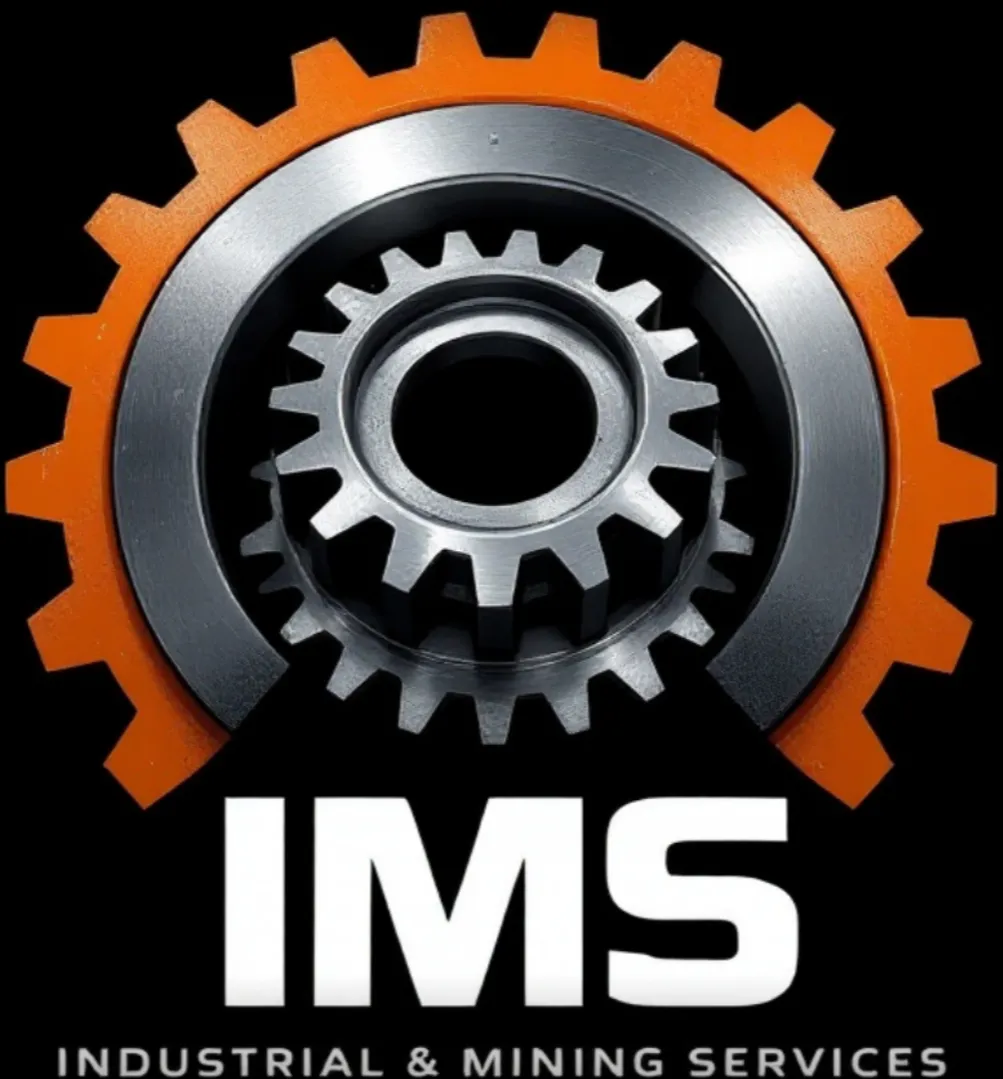Heavy Machinery Repairs
When it comes to industries like construction, mining, agriculture, and energy, the reliability of heavy machinery directly determines success. Downtime due to equipment failure leads to missed deadlines, increased costs, and lost productivity. That’s why having a trusted provider for heavy machinery repairs is essential to keeping operations running smoothly.
In this guide, we’ll cover everything you need to know about heavy equipment repairs: why they matter, common causes of breakdowns, preventive strategies, repair processes, and how to choose the right repair partner to maximize your fleet's performance and lifespan.
Why Heavy Machinery Repairs Matter
Heavy machinery, such as excavators, bulldozers, cranes, and loaders, represents a major capital investment. When properly maintained and repaired, these machines deliver decades of value. However, neglecting service needs or using improper repair methods can result in:
- Costly downtime
- Higher operational expenses
- Accelerated wear and tear
- Safety hazards
- Reduced resale value
Strategic, high-quality repairs minimize the total cost of ownership while maximizing uptime, productivity, and safety.
Common Causes of Heavy Machinery Breakdowns
Understanding why equipment fails is the first step in preventing it. Some of the most common causes of machinery breakdown include:
Lack of Preventive Maintenance
Skipping regular oil changes, filter replacements, and lubrication results in internal wear, overheating, and premature component failure.
Operator Error
Improper operation, such as overloading or aggressive driving, puts unnecessary stress on machines, leading to cracked frames, damaged hydraulics, and engine strain.
Environmental Conditions
Harsh weather, dust, debris, and corrosion from moisture or chemicals can significantly accelerate wear on key components.
Hydraulic System Failures
Hydraulic leaks, worn seals, or contaminated fluids often cause major breakdowns. Hydraulic system failures are among the most expensive to repair if not addressed early.
Poor Quality Parts or Repairs
Using low-quality aftermarket parts or unqualified service providers increases the risk of repeat failures and deeper mechanical issues.
Key Types of Heavy Machinery Repairs
Different systems within heavy equipment require different repair approaches. Here’s a breakdown of common repair categories:
Hydraulic Repairs
- Hose replacements
- Cylinder resealing and rebuilding
- Pump and valve repairs
- Fluid leak detection and remediation
Engine and Powertrain Repairs
- Diesel engine rebuilds
- Transmission overhauls
- Differential and axle servicing
- Turbocharger and cooling system repairs
Structural Repairs
- Crack welding and reinforcement
- Frame straightening
- Bucket and blade rebuilds
- Custom fabrication for replacement parts
Electrical and Control System Repairs
- Diagnostics for electronic faults
- Sensor replacements
- Wiring harness repairs
- Control module troubleshooting
Undercarriage Repairs
- Track replacements
- Roller and idler repairs
- Sprocket servicing
- Bushing and pin installations
The Heavy Machinery Repair Process
A professional heavy machinery repair typically follows a proven workflow:
- Initial Inspection and Diagnostics
- Repair Plan Development
- Execution of Repairs
- Testing and Quality Assurance
- Preventive Maintenance Recommendations
Mobile Field Repair vs. Shop Repair: Which Is Better?
Depending on the nature of the issue, repairs may happen:
- On-site with mobile service units (best for minor or urgent fixes)
- At a dedicated service center (best for major overhauls, rebuilds, or welding)
Mobile field repairs minimize downtime by bringing service directly to the machine, while shop repairs provide access to cranes, machine tools, and controlled environments needed for complex jobs.
Preventive Maintenance: The Key to Fewer Repairs
The number one way to reduce the need for heavy machinery repairs is by investing in preventive maintenance. A smart maintenance program includes:
- Regular oil and filter changes
- Hydraulic system inspections
- Scheduled lubrication
- Tire and track inspections
- Fluid analysis (oil, coolant, hydraulic fluids)
- Battery checks and charging system inspections
- Operator training and refresher courses
Choosing the Right Heavy Equipment Repair Partner
When selecting a repair provider, consider these critical factors:
- Experience with Your Equipment
- OEM Parts and Certification
- Quick Response Times
- Transparent Pricing
- Field and Shop Capabilities
- Strong Safety Record
Costs Associated With Heavy Machinery Repairs
The cost of repairs varies widely based on machine size, parts required, labor hours, and transportation needs. Major rebuilds can be costly but are still cheaper than full machine replacement. A proper maintenance and repair history can also boost resale value by 10–20%.
Signs Your Heavy Machinery Needs Immediate Attention
Watch for these early warning signs that your heavy equipment may need repairs:
- Fluid leaks (oil, coolant, hydraulic)
- Decreased engine power or overheating
- Unusual noises like grinding or clanking
- Fault codes appearing on operator displays
- Excessive smoke from the exhaust
- Sluggish hydraulic response
- Steering, braking, or lifting difficulties
- Cracks appearing on frames or booms
Final Thoughts: Protect Your Investment With Expert Repairs
Heavy machinery is at the core of many industries — and keeping it operational is essential for maximizing profitability, productivity, and safety. By investing in expert heavy machinery repairs, using OEM parts, and following a proactive maintenance schedule, you can extend the life of your equipment and avoid unexpected failures.
Contact our heavy machinery repair team today to schedule diagnostics, mobile service, or shop repairs designed to keep your fleet strong and productive.

